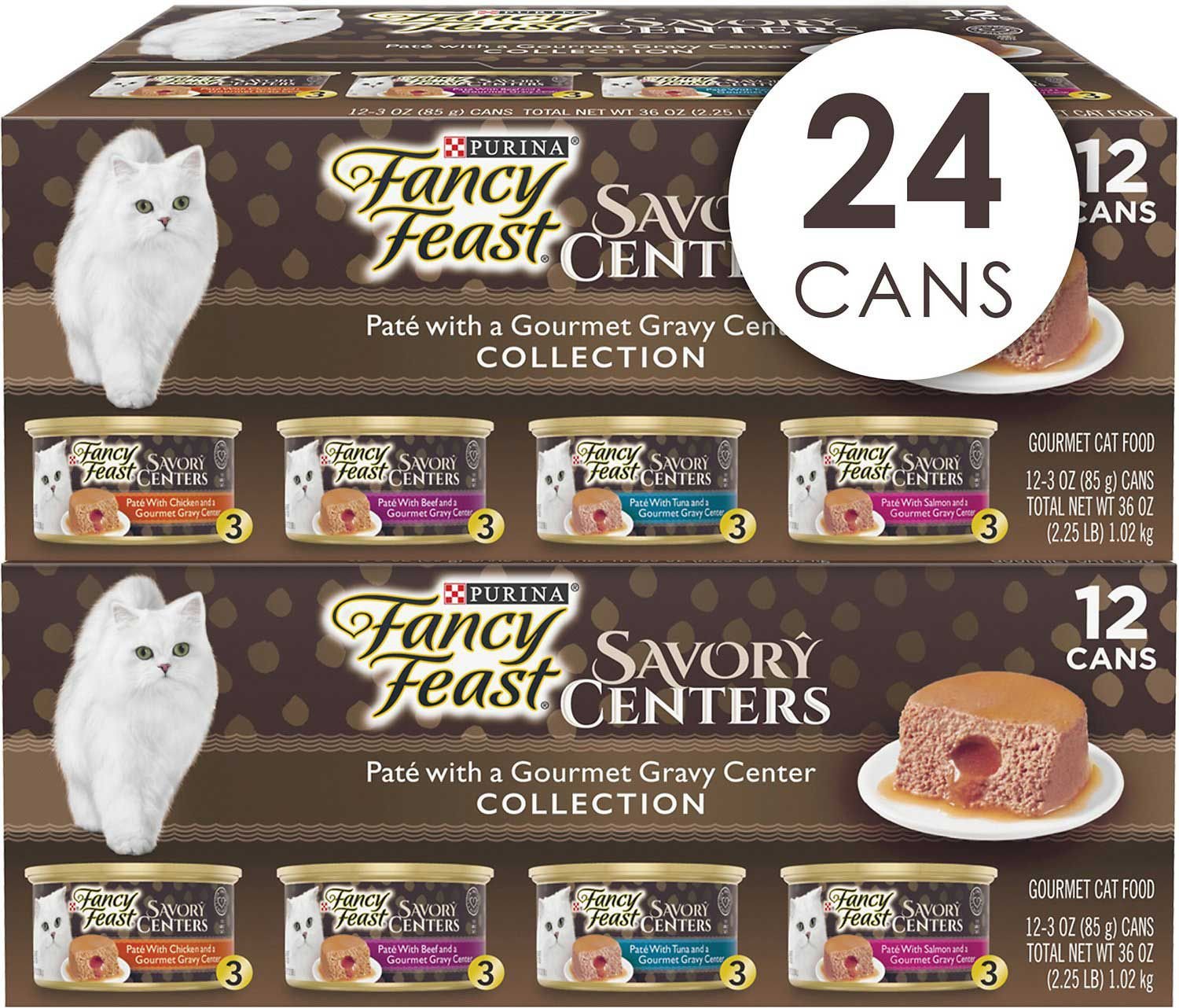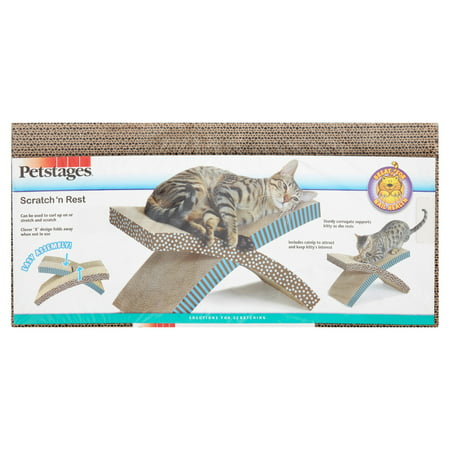Sheba Perfect Portions Grain-Free Multipack Savory Chicken, Roasted Turkey & Tender Beef Pate Cat Food Trays, 2.6-oz, case of 24 twin-packs
Make mealtime even more delicious with the Sheba Perfect Portions Grain-Free Multipack Savory Chicken, Roasted Turkey & Tender Beef Pate Cat Food Trays.
Make mealtime even more delicious with the Sheba Perfect Portions Grain-Free Multipack Savory Chicken, Roasted Turkey & Tender Beef Pate Cat Food Trays. This variety pack combines three irresistible grain-free recipes that cats just love, each made with real ingredients like chicken, turkey and beef pate in natural juices. Plus, it has added vitamins, minerals, fish oil and taurine so it’s a complete and balanced diet for adult cats, nursing moms or kittens. Simply feed to your pal according to his weight, either on its own or with dry kibble, with the easy-to-open tear packages that make for the perfect portion size every time.
Key Benefits
- Variety pack combines three grain-free recipes and meaty pate texture that cats love.
- Each formula is made with real ingredients like chicken, turkey and beef pate in natural juices.
- With vitamins, minerals, and taurine for a complete, balanced diet for adult cats, nursing moms and kittens.
- Perfect to feed as a complete meal on its own or as a tasty dry food topper, with easy-to-open, no refrigeration needed tear packages.
- Made in the USA with no grain, corn, wheat, gluten, or soy, so it’s great for kitties with
Additional information
| WEIGHT | 3.96 pounds |
|---|---|
| PACKAGING TYPE | Tray, Variety Pack |
| FOOD TEXTURE | Pate |
| LIFESTAGE | Adult |
| SPECIAL DIET | Grain-Free, No Corn No Wheat No Soy, Pea-Free |






by Alright
My cat loves the Beef and will be ok with the chicken but really dislikes the turkey. Wish it came with more juice though. He loves that the best.
by Ruthie
My cats love these! Meal time is fast fast easy. They snap apart and it helps make sure you give appropriate portions.
by Moe
These containers are PERFECT for our senior cats. The pate is super soft, more than the canned brands. It makes eating easier for them as they do not have many teeth left.
by Bozley
Bozley, Kami and Ruckus LOVES Sheba Perfect Portions! They come running when they hear me crack open the individual containers!
by Grace
I bought this hoping my cat would like it as a switch to an adult food after kitten food. She was not a fan, I think it was due to the pate texture (I can’t personally recommend it because my cat didn’t like it). However I was able to give it to my housemate, and her cat has always loved this food.
by McGoo
The cats are enjoying everything in the selection I ordered – YAY! I was especially pleased that the order arrived on my front porch only one day after placing the order online.
by Sami
Winston is a finicky cat. He does not like straight kibble. He has to have a little extra before he will condescend to eat. Our pet food store was out of the usual pates that he liked, even Chewy did not have any. I am trying the Sheba. So far it has been good.